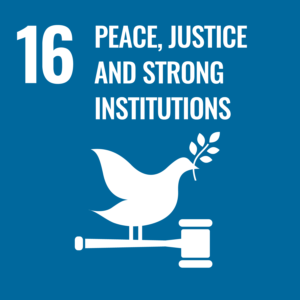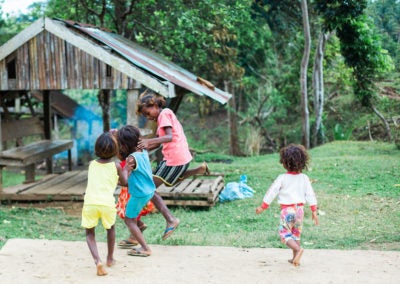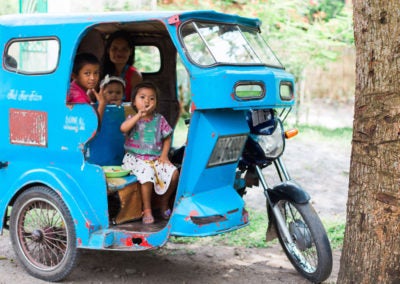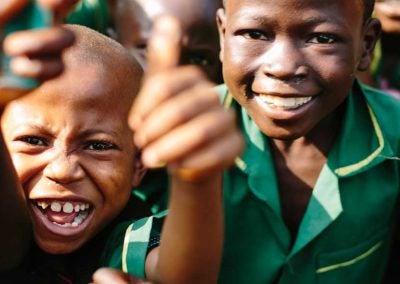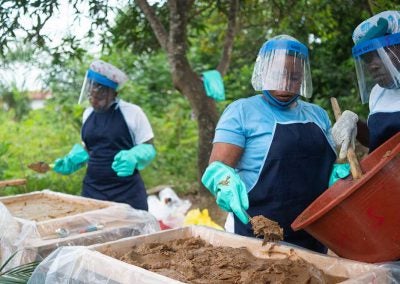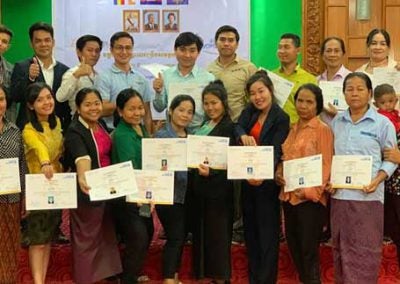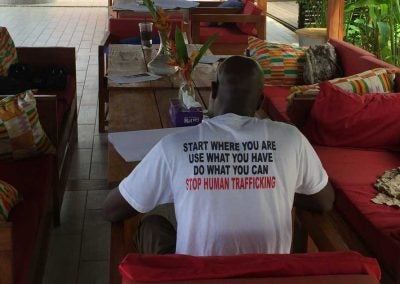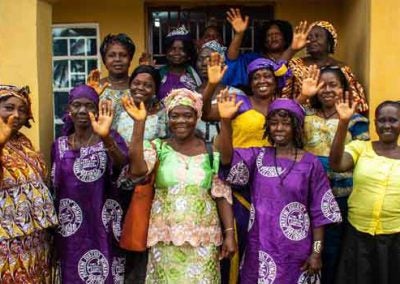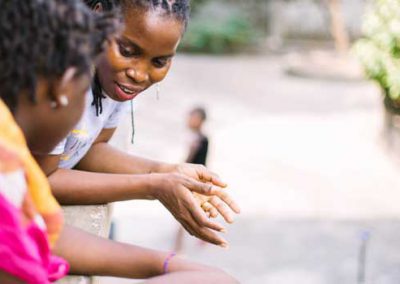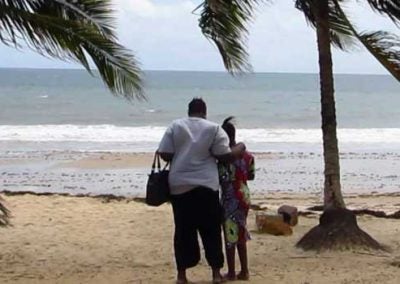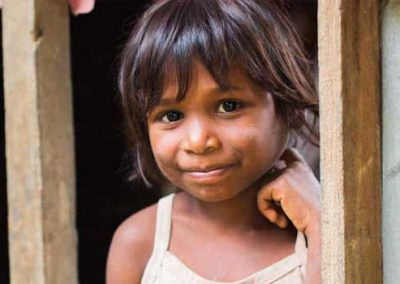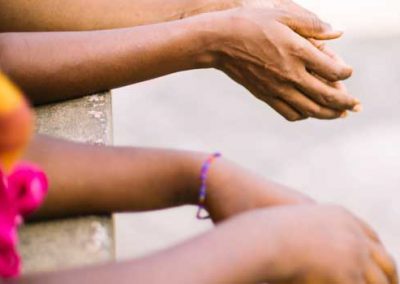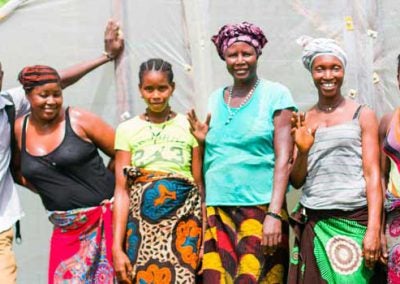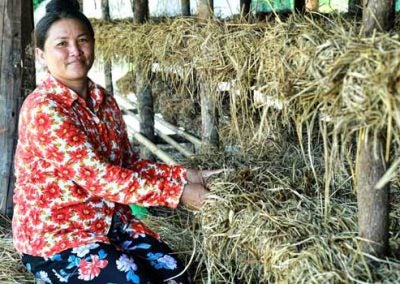Protecting At-Risk Children Vulnerable to Exploitation
How do you best care for survivors of online sexual exploitation of children in the Philippines?
Project Information
Paving the path for a brighter future
With high levels of all types of trafficking in persons (TIP), the Philippines is the global epicenter of the online sexual exploitation of children (OSEC) and a source, transit, and destination country for TIP.
Facilitated by the confluence of poverty, widespread access to the Internet, decreased the price of devices, and a culture of silence and deference to elders OSEC is particularly challenging to identify, treat and prosecute.
That’s why World Hope, along with the Salvation Army, has implemented the Protecting At-Risk Children Vulnerable to Exploitation (PAVE) project as a solution, paving the way to a brighter future for child victims of OSEC.
The PAVE project is working to develop and strengthen systems for comprehensive care of survivors of OSEC in the Philippines by supporting social workers and other stakeholders to identify OSEC survivors; strengthen comprehensive service delivery for OSEC survivors, and increase much-needed shelter provisions.
It is also working with leaders of churches and training them to identify OSEC survivors in need of care and to prevent the exploitation within their churches.
Project Goals
- To develop and strengthen systems for comprehensive care of survivors of OSEC (Online Sexual Exploitation of Children) in the National Capital Region and Central Visayas of the Philippines.
- Support social workers and other stakeholders to identify OSEC survivors
- Strengthen comprehensive service delivery for up to 144 child OSEC survivors with a focus on mental health care and legal services
- Increase much-needed shelter provisions for 44 child victims of OSEC (12 boys and 32 girls)
- Train leaders of churches to identify survivors in need of care and to prevent the exploitation within their churches
Expected Outcomes
- Social workers in the Phillipines will be trained to identify and provide care for child survivors of OSEC
- Child survivors of OSEC will receive care and theraputic interventions
- A training program for PAVE practitioners will be developed and implemented
- Local leaders will be empowered to identify and care for survivors as well as prevent exploitation in their communities
The survivors say they have this feeling that they are being abused over and over again because it is out on the internet forever. This reality increases the depths of their trauma.
social workers identified, recruited, and trained to-date
survivors & families participated in structured games & guided dialogue to enhance family dynamics
survivors of OSEC cared for with therapeutic interventions to-date
History of the Project
The PAVE project is a part of the Child Protection Compact Partnership—a partnership between the U.S. Government and the Government of The Philippines—to combat cybercrime, which has horrific consequences for children. This compact is only the second of its kind in the world in which the U.S. government has been involved, and World Hope is working on the project in partnership with The Salvation Army through a grant from the U.S. Department of State Office to Monitor and Combat Trafficking in Persons.
In the fall of 2017, World Hope’s anti-trafficking leadership participated in kick-off events with the Child Protection Compact Partnership’s directors and NGO partners. Later that year, WHI social workers and other social workers serving survivors of online exploitation participated in an in-depth training on trauma-informed psychosocial processing.
This was the beginning of many trainings the PAVE project offers social workers and counselors and WHI is excited that more practitioners will be equipped to care for survivors of online sexual exploitation as a result of the trainings they receive through this project.
Also in 2017, WHI developed a prevention curriculum for pastors and congregants on OSEC. This training provides people with the tools they need in order to protect children from OSEC, recognize OSEC in their communities, and actually be equipped to make appropriate referrals.


